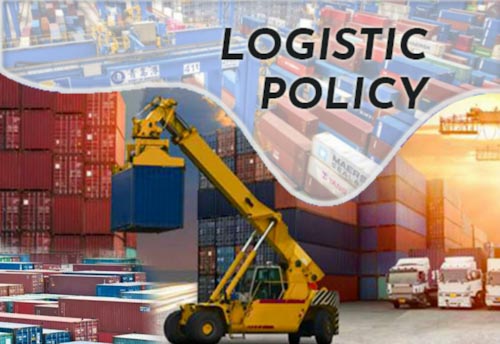

The National Logistics Policy (NLP) can enhance and streamline the logistics industry in several ways by prioritizing infrastructure development, providing a clear regulatory framework, promoting modern technologies and sustainability initiatives, encouraging multimodal transport, simplifying customs procedures, investing in skills development, promoting digitalization, data sharing and collaboration, attracting private sector investment, establishing monitoring and evaluation mechanisms and addressing safety and security concerns.
NLP’s real effect on the logistics sector will depend on its objectives, implementation approach, and support from key stakeholders. While other nations may have difficulties in implementation or obtaining the desired results, several have effectively employed a NLP to alter their logistics sector, resulting in enhanced efficiency, decreased costs and improved competitiveness.
Examining case studies and performance measures pertaining to logistics efficiency, cost reduction, infrastructure development and trade facilitation in the relevant country is crucial to determining the efficacy of a particular NLP and its effect on the logistics industry. The success of the NLP in improving and streamlining the logistics industry can be determined by analyzing its development and results over time.


